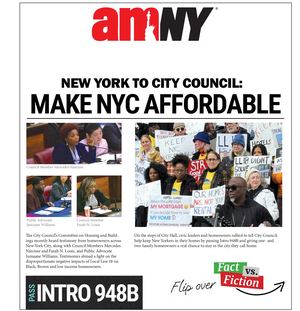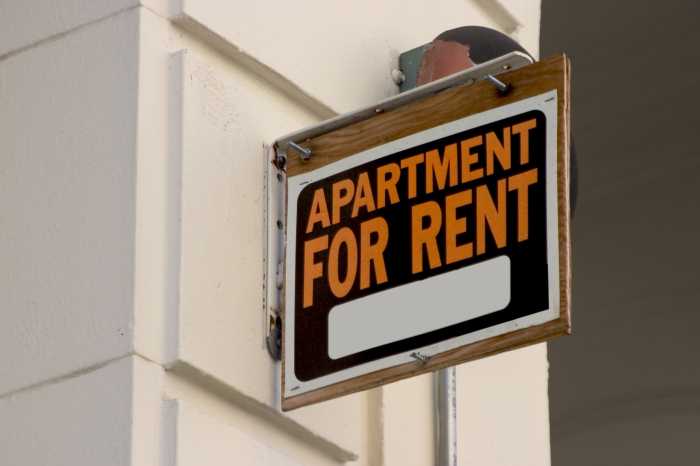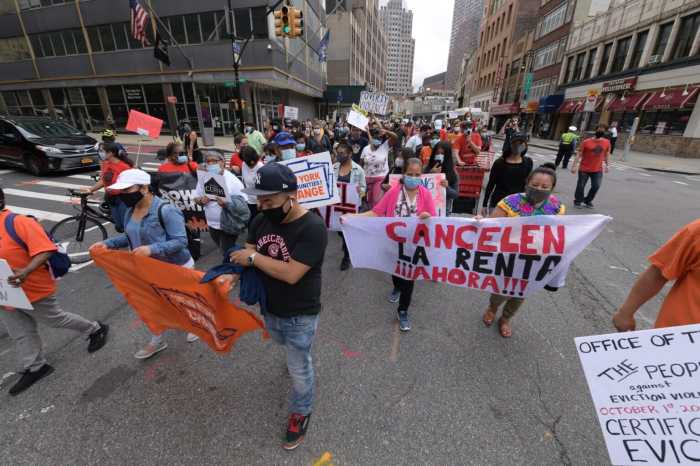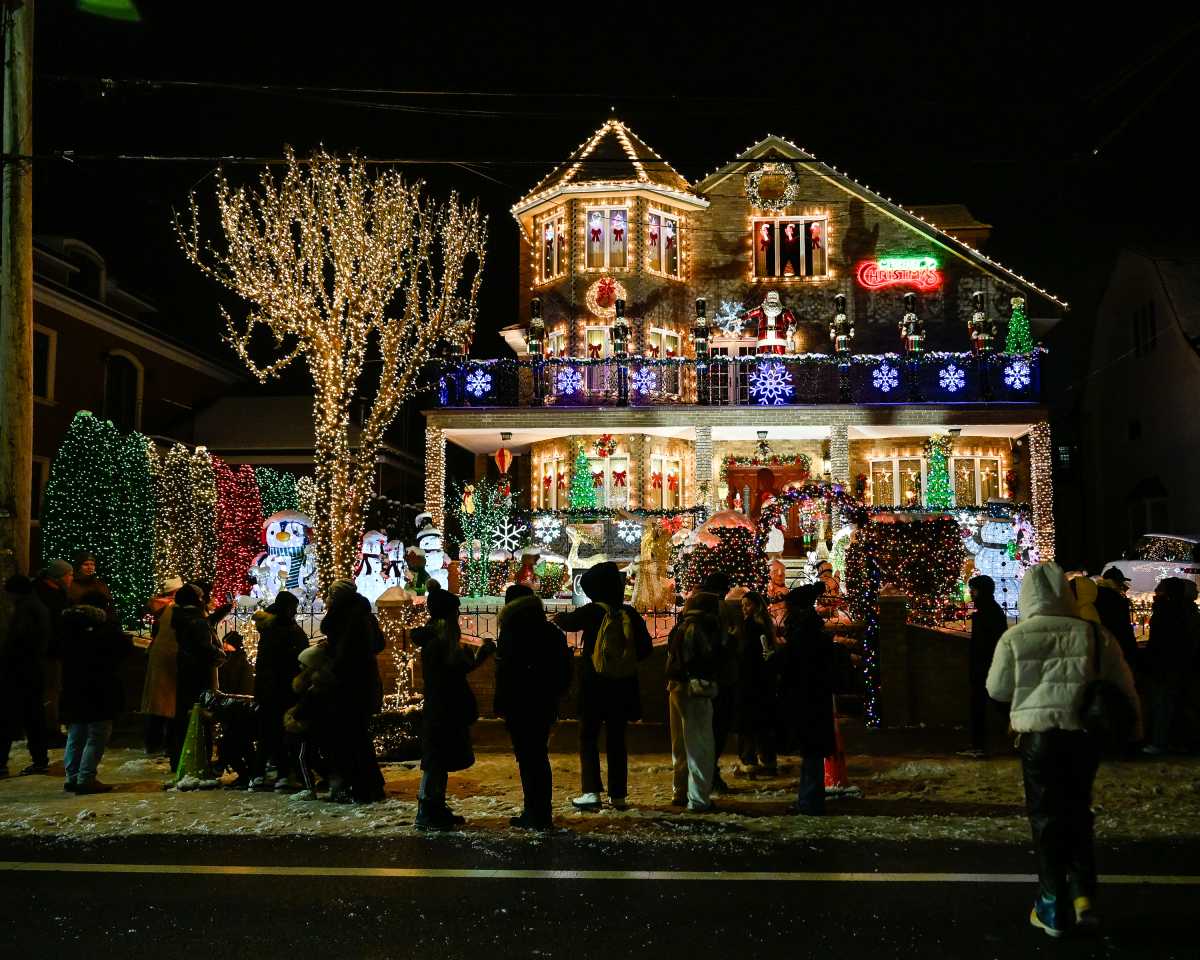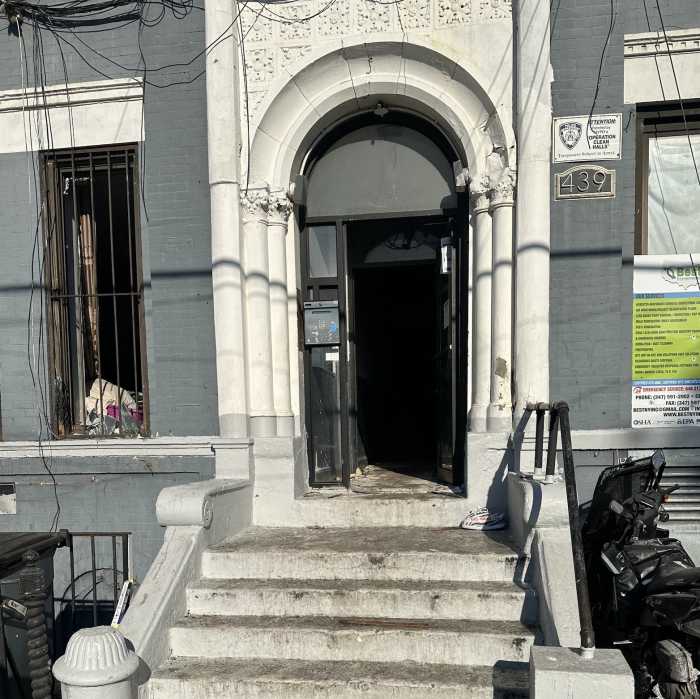Renters in the Empire State can breathe a sigh of relief, as a heated federal court challenge to New York’s Rent Stabilization Laws was unsuccessful — meaning that nearly a million apartments in the state will continue to have caps on possible rent increases.
While the victory in the U.S. Court of Appeals for the Second Circuit marks a major win for those working to protect tenants; the case will likely head to the Supreme Court, where the fate of the state’s rental laws will ultimately be decided.
State Attorney General Letitia James celebrated the legal victory after the ruling, saying this would play an integral role in helping struggling New Yorkers scraping to make ends meet.
“Today’s decision is a victory for families that work day and night to keep a roof over their heads. As we continue to address the nationwide housing crisis, we must spare no effort in protecting tenants and defending affordable housing options for New Yorkers,” James said in a statement. “We will continue to defend the constitutionality of our laws and fight to ensure New Yorkers can afford to live in their homes and communities.”
“This is a great victory for tenants. Tenants who may have heard about these rent law challenges and been nervous should be comforted,” Ellen Davidson an attorney with the Legal Aid Society.
The case came about when a group of plaintiffs, operating under the banners Community Housing Improvement Program and the Rent Stabilization Association (RSA), sued both New York City and State for what they saw as an unconstitutional act in capping what landlords can charge tenants.
Under the laws, a rent-stabilized apartment can only be raised a certain amount each year — frustrating landlords, and making those apartments a treasured commodity in New York.
They also objected to another aspect of the laws that limited their ability to evict tenants.
Rent laws like the ones being challenged in this case have existed on the city and state level for decades, and were overhauled after the 2018 state elections, when Democrats regained unquestioned control in the state legislature.
Now, the plaintiffs will petition the Supreme Court to take up the case.
That may spell trouble for renters, as the conservative majority on the nation’s highest bench has tended in recent years to side with business interests over the plights of individuals.
